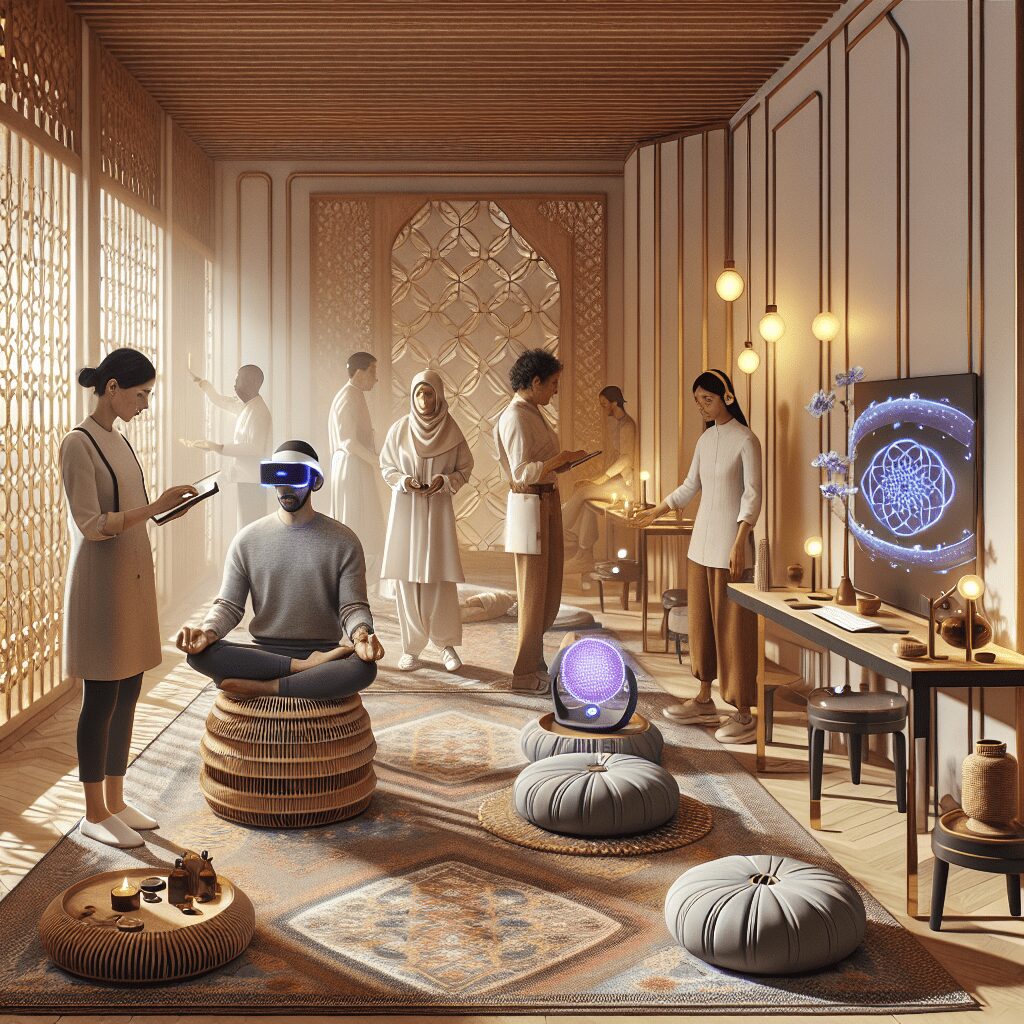
Prioritize your mental well-being daily. Enhance your life by nurturing your mental health with the Smart Meditation app. Break free from stress, alleviate anxiety, and enhance your sleep quality starting today.
What Is An Atypical Antidepressant?
Unlocking the Potential of Atypical Antidepressants: A New Hope in Mental Health Treatment
When it comes to tackling the dark, twisty maze that is depression, not all heroes wear the same cape. Enter, atypical antidepressants, the unconventional allies in the fight against this mood disorder. Unlike their more traditional counterparts, these meds don’t fit neatly into the standard antidepressant categories. Instead, they chart their own course, offering a beacon of hope for those who haven’t found relief from the usual suspects.
A Deep Dive into Atypical Antidepressants: What Sets Them Apart?
So, what exactly makes atypical antidepressants stand out from the crowd? Well, for starters, their mechanism of action. These drugs work by tinkering with the brain’s chemistry in ways that differ from the classic antidepressants. While SSRIs (selective serotonin reuptake inhibitors) and SNRIs (serotonin-norepinephrine reuptake inhibitors) focus on serotonin and noradrenaline, atypical antidepressants might target a wider or entirely different set of neurotransmitters.
Here’s a quick rundown of a few heavy hitters in the atypical antidepressant arena: Bupropion targets dopamine and norepinephrine, giving it a stimulant edge that can kick fatigue and brain fog to the curb without the weight gain blues often associated with other antidepressants. Mirtazapine soothes symptoms of depression by acting on serotonin and noradrenaline but also blocks specific serotonin receptors, which can boost mood while also helping with sleep—a double whammy! Trazodone is known for its sedative effects, making it the go-to for those whose depressive episodes are marred by insomnia.
Why Atypical Antidepressants Could Be Your Mental Health Game-Changer
Thinking of trying an atypical antidepressant? Here’s why they might just be the game-changer you’re looking for:
-
A Breath of Fresh Air for Treatment-Resistant Depression: If you’ve been down the antidepressant road with no success, atypical options could offer a new lease on life. Their unique action might be the key to unlocking your brain’s happiness door.
-
Side-Step the Side Effects: Fed up with the side effects of traditional antidepressants? Atypical ones often have a different side-effect profile, which might be more up your alley.
-
Beyond the Blues: These meds sometimes pack an extra punch against other conditions like anxiety, PTSD, and insomnia, making them a multitasking force in your mental health toolkit.
Before You Take the Leap: What to Consider
While atypical antidepressants sound like the Swiss Army knife of mental health meds, it’s crucial to remember that no drug is a one-size-fits-all. Here’s what you should mull over before making the switch: Your Unique Chemistry: What works like a charm for one person might be a dud for another. It’s all about finding the right fit for your brain’s specific wiring. Patience is Key: As with any antidepressant, it can take weeks to notice any improvement. Don’t throw in the towel too soon! Side Effects Are Still a Thing: Just because they’re “atypical” doesn’t mean they’re side-effect-free. Keep an eye out and communicate with your doctor.
At the end of the day, atypical antidepressants offer a glimmer of hope for those navigating the tricky waters of depression, especially when traditional medications haven’t cut it. If you’re considering adding them to your mental health arsenal, a heart-to-heart with your healthcare provider is the perfect starting point. Here’s to finding the right key to unlock your best mental health!




